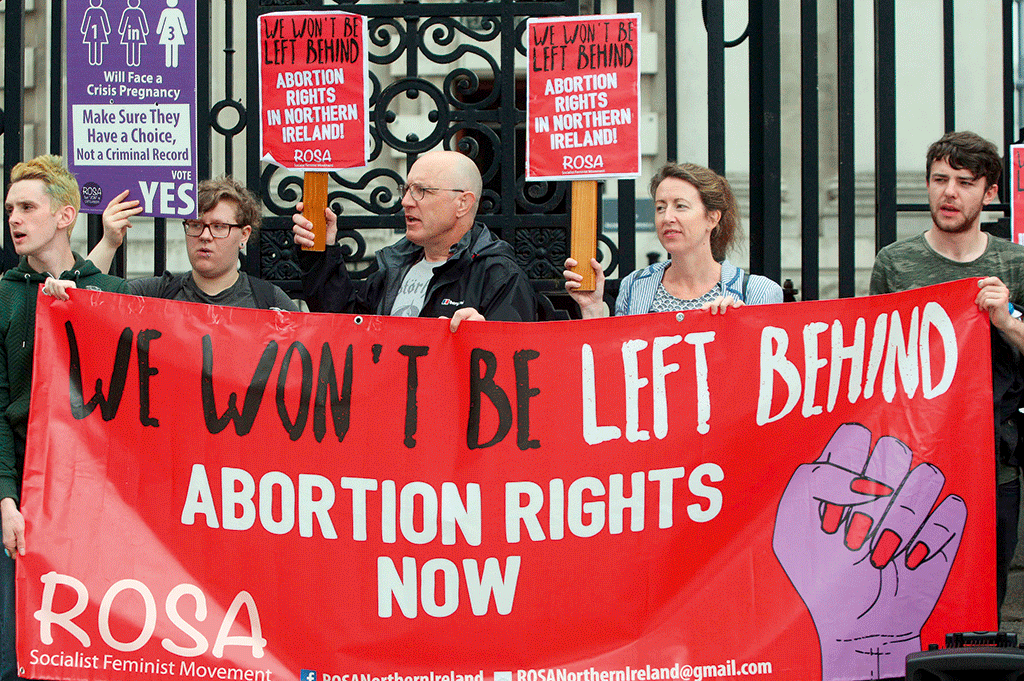
Brice Dickson analyses the challenge to Northern Ireland’s abortion law
Last week, in In the matter of an application by the Northern Ireland Human Rights Commission for Judicial Review [2018] UKSC 27, [2018] All ER (D) 28 (Jun) the Supreme Court issued its longest ever set of judgments in a single case. They ran to some 56,000 words, with Lord Kerr’s judgment alone being 24,000 words. The Commission was challenging Northern Ireland’s abortion law, arguing that it violates women’s rights under Arts 3, 8 and 14 of the European Convention of Human Rights (the Convention) because it does not permit abortions even in cases of serious foetal abnormality, rape or incest.
The initial hurdle for the Commission, which it successfully overcame in the High Court and Court of Appeal of Northern Ireland, was whether it was legally entitled to bring the case in the first place. The Commission was not of course a victim of the current law but it wanted to test the law’s compliance with the Convention on behalf of everyone in Northern Ireland









